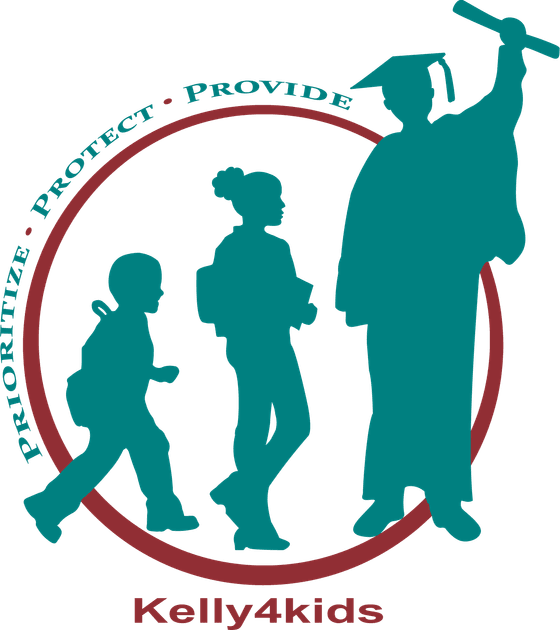

Prioritize
Children First — all ages, all stages
- Foundational knowledge and habits of mind—critical thinking and independent learning respected and encouraged within foundational subjects (which DO include arts, music, and physical education)
- Foundational THINKING AND LEARNING SKILLS that prepare our children to process volumes of information, evaluating information for truth, bias, and purpose
- Understanding government and both the rights and responsibilities of citizenship—a federal requirement that any institution receiving government funds must teach the U.S. Constitution on Constitution Day, September 17
- All decisions regarding investment of money, time, and personnel made by asking at least these basic questions:
- Does this put children first? Or, is something or someone else put first?
- Does this promote habits of mind and foundational knowledge necessary for students to become healthy, well-adjusted, and contributing citizens?
Abraham Lincoln said, “The philosophy in the schoolroom of one generation is the philosophy of government in the next”
Protect
Children—their childhood innocence and safety
- Age-appropriate topics
- Developmentally-appropriate choices
- Respect and value for each individual
- Bathroom and locker room use according to biological sex designated at birth
Learning environments
- Physically safe and orderly
- Intellectually and emotionally safe
Parental rights and responsibilities
- Respect individual family values.
- Return rights, respect, and responsibility to parents.
- Maintain clear delineation between parent and school responsibilities; sensitive and controversial issues are best addressed in the home environment by the people who know the child best, parents.
- Foster and maintain strong parent-school partnerships. There is (and has been for decades) strong, positive correlations between parent involvement and the areas of student achievement, student behavior, and student attendance. This positive correlation crosses all ethnicities and socioeconomic levels.
- References to support these statements are available.
Provide transparency—parents’ and citizens’ rights to know, to see, and to have a process for inquiry about what is taught as well as activities and methods used to teach it
Curriculum safeguards
- Clear statements of standards and criteria guiding instruction in all areas
- Curricular and supplemental materials available to interested public before and after adoption
- Clear and ongoing access to school resources and materials in current use
- Ensure funding for resources and staffing of optional, experimental, or exploratory programs has no negative impact on core program support
- Selection and use of instructional materials that present accurately and without bias historical documents and events
- Selection of instructional materials that develop and stress scientific inquiry and demand for integrity in research and reporting
Policy safeguards
- Policies that reflect a foundation of mutual respect for home and school
- Public presentation and opportunity for input prior to decisions
- Publication of policies, standards, evaluation criteria, and other Board actions affecting instruction in language easy for parents to understand
Access to information and facilities
- Online access to curriculum, texts, supplemental materials, listing of videos, special speakers, articles, etc
- Training and help regarding how to access grades and other data involving one’s child to help parents use these resources effectively
- Assistance as needed for parent access and use of online lessons and assignments to enable parents in guiding their child’s learning
- Opportunity for parents and family members to visit classrooms or attend classes
RAISE YOUR VOICE! PEGGY IS THE POSITIVE CHOICE!
Paid for by Committee to Elect Peggy Kelly | Amber Cecil Registered Agent


